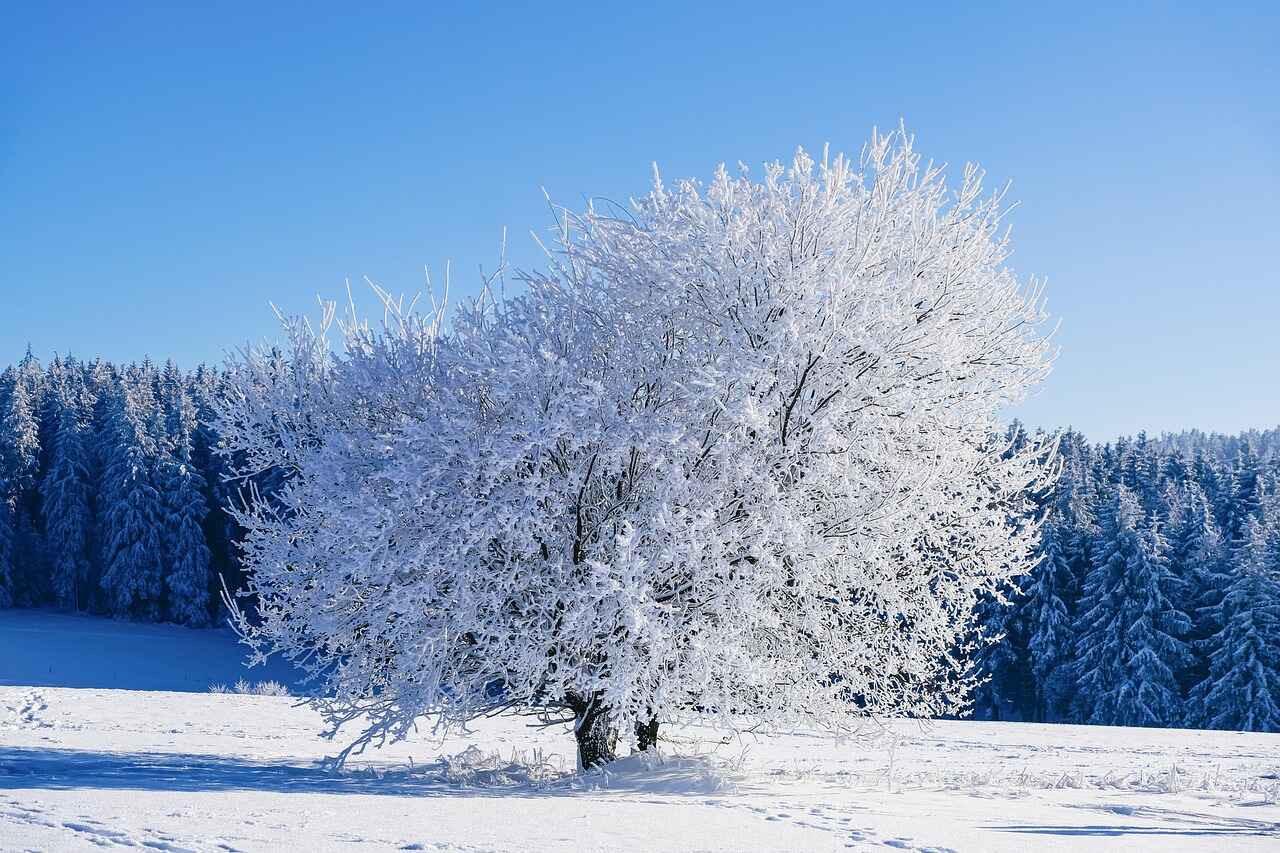
Winter solstice | Date and impact on South Africans explained
The winter solstice occurs when your hemisphere tilts farthest away from the sun on its axis.

The winter solstice marks the shortest day and longest night of the year, occurring when your hemisphere tilts furthest away from the sun.
In the southern hemisphere, it happens once a year around 20 or 21 June.
Meanwhile, people in the northern hemisphere experience the same day as the summer solstice, their longest day and shortest night.
When is the 2025 winter solstice in South Africa?
🗓️ Date: Saturday, 21 June
🕓 Time: Approximately 22:42
During this time, the sun appears at its most northerly position in the sky relative to the southern hemisphere, causing the region to receive the fewest daylight hours.
What happens on the winter solstice?
- The sun rises latest and sets earliest
- Daylight is at its shortest – roughly 10 hours or less in many parts of South Africa
- The sun appears at its lowest noon altitude in the sky
- After this point, days gradually begin to lengthen, signaling the slow return toward summer
How does it affect South Africans?
- Colder mornings and nights: This is usually the peak of South Africa’s cold, dry winter, especially inland
- Longer nights: Perfect for stargazing, since the skies are often clearer in winter
- Cultural observances: Some Indigenous African communities and spiritual groups mark the solstice with seasonal rituals or ceremonial gatherings
- Agricultural relevance: Traditionally, it signaled the turning point for winter crops or preparation for spring planting
Interesting facts
- In Cape Town, the sun will rise at 07:51 and set at 17:44 on the winter solstice
- The term “solstice” comes from Latin solstitium, meaning “sun stands still”, referring to the apparent halt in the sun’s movement before it reverses direction
- The June solstice marks the start of astronomical winter, though meteorological winter begins on 1 June
Tips for embracing the winter solstice
- Warm up with seasonal food: Winter solstice is a great time to cook hearty stews and enjoy hot beverages
- Reflect or set intentions: Many cultures treat the solstice as a time for introspection, planning, or renewal
- Enjoy the stars: With longer nights and less cloud cover, it’s an ideal time for observing constellations and planets
